Bathroom Policies at TL
Is this a human rights violation?

October 2, 2015
Let me paint a picture for you: You’re sitting in a classroom, let’s say calculus, a difficult subject with a lot of material to cover. You’re taking notes, struggling to hang on to each word the teacher is saying, trying to understand this impossible math. You realize that you need to use the restroom. However, the teacher only allows you to use the restroom at the cost of a bathroom pass. A piece of paper? No problem. But no, these bathroom passes are valuable in a calculus class. Let’s say you aren’t very good at math, what’s the one thing you’re going to need most? You got it, extra credit! That’s what an unused bathroom pass is worth at the end of the semester. So you “hold it” for ninety more minutes.
But here’s the problem with the limiting bathroom pass system: bodily functions are things which we have generally no control over. To make students feel embarrassed or to bribe us not to listen to our bodies, and discourage us from drinking a healthy amount of water is absurd. As a student in my history class said last year, it is technically “inhumane.”
If you run out of bathroom passes, you could claim it’s an “emergency,” but especially with girls, announcing a restroom emergency can be humiliating. Mark Hill, a new History teacher at Terra Linda, agrees, “girls absolutely go no matter what.” Although I appreciate his acknowledgement and consideration of the female anatomy, using the restroom is something personal, regardless of one’s gender.
Not being able to use the restroom is an inconvenience, but also raises many health issues relating to hydration. As an athlete, I have been instructed by my coach to drink three to four litres of water every day. Of course I cannot fulfill that amount every day, but I try my best, and drinking that amount of water requires a lot of trips to the restroom/drinking fountain.
But why is hydration important in the first place?
According to the National Hydration Council, “water contributes to the maintenance of normal physical functions… [and] normal cognitive functions.” Water is not only essential to survive, it “is thought to help ‘flush out’ and eradicate bacteria from the urinary tract,” preventing people from obtaining various infections and issues relating to the bladder and kidneys. This means preventing urinary tract infections, something quite common especially in teenage girls. If you care about your health, you are going to drink a healthy amount of water, which means more trips to the restroom.
There are also health issues that relate directly to avoiding using the restroom in general. Avoiding the restroom when one needs to urinate can lead to loss of bladder control. This means not being able to hold urine when it is necessary, but also having trouble releasing it, which is actually the more serious issue. Retaining urine by accident can lead to an accumulation of bacteria in the urinary tract, add that to a lack of hydration; guaranteed bladder infection.
Most of these health concerns are directed towards women. However, men are also very susceptible to urinary infections. Jon Pryor, M.D., writing for a men’s health magazine, claims that, “the urine can track backward up the tube that carries the sperm and cause inflammation right behind [their] testicles.” I would imagine that this could cause a lot of pain or discomfort, and possible damage to a man’s reproductive system. Again, this can be avoided by drinking lots of water, and using the restroom when needed.
Of course teachers don’t want their students missing any important material, and with a new absence policy in place, ensuring effective use of class time is a top priority. Jennifer Little, an English teacher here at Terra Linda says that she “[discourages] it in general,” because she “[doesn’t] want them to miss anything.” However, I would assume that the students who care about the class and their grades are going to try and miss as little as possible.
What teachers should do instead, is have a self-reliance policy like AP English Language teacher, Patricia Else. She lets students go whenever they need, no interruption to the classroom, and with only one bathroom pass, students need to be courteous of others and not abuse their right to leave the classroom. I believe that we are old and mature enough to manage our time in and out of the classroom effectively.





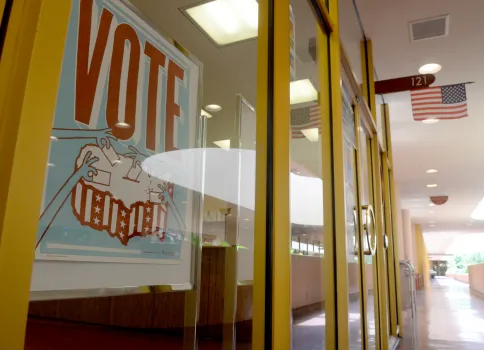




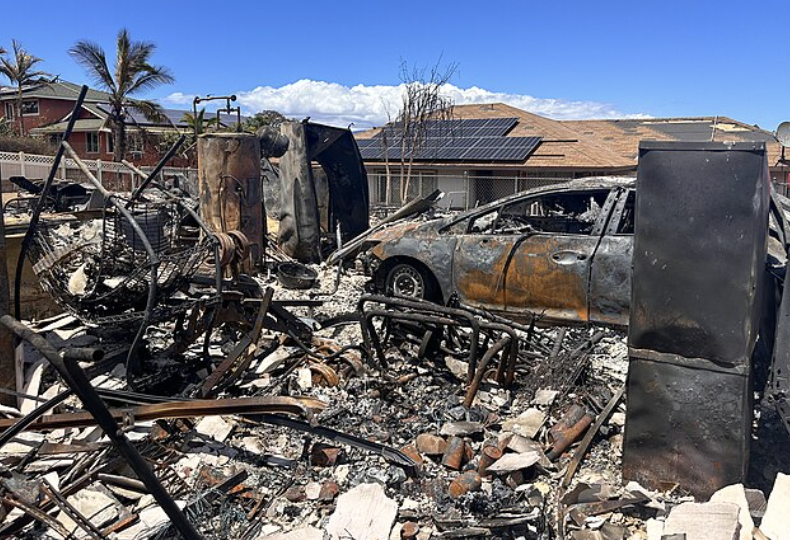
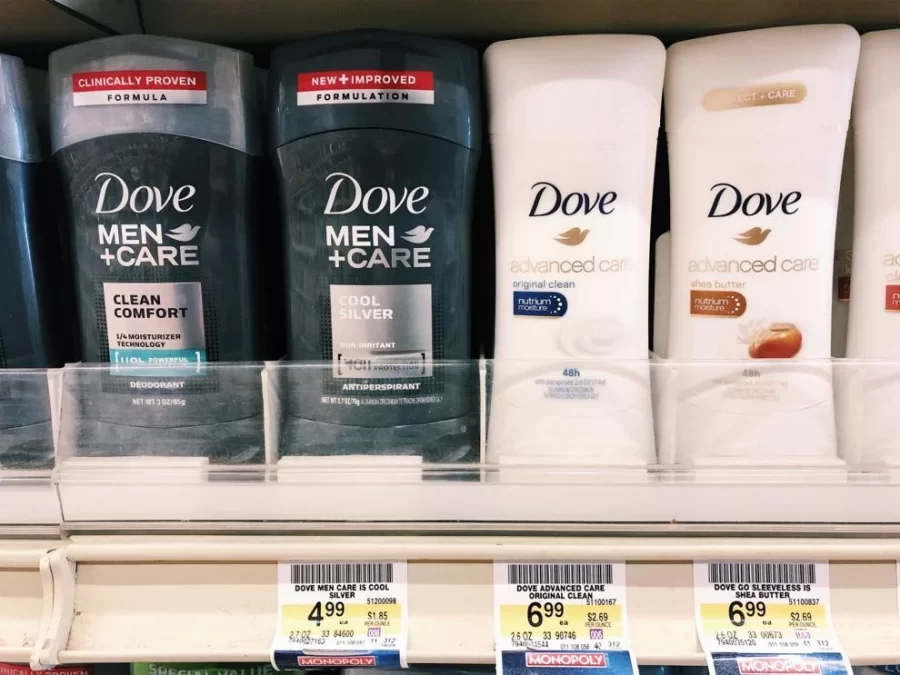





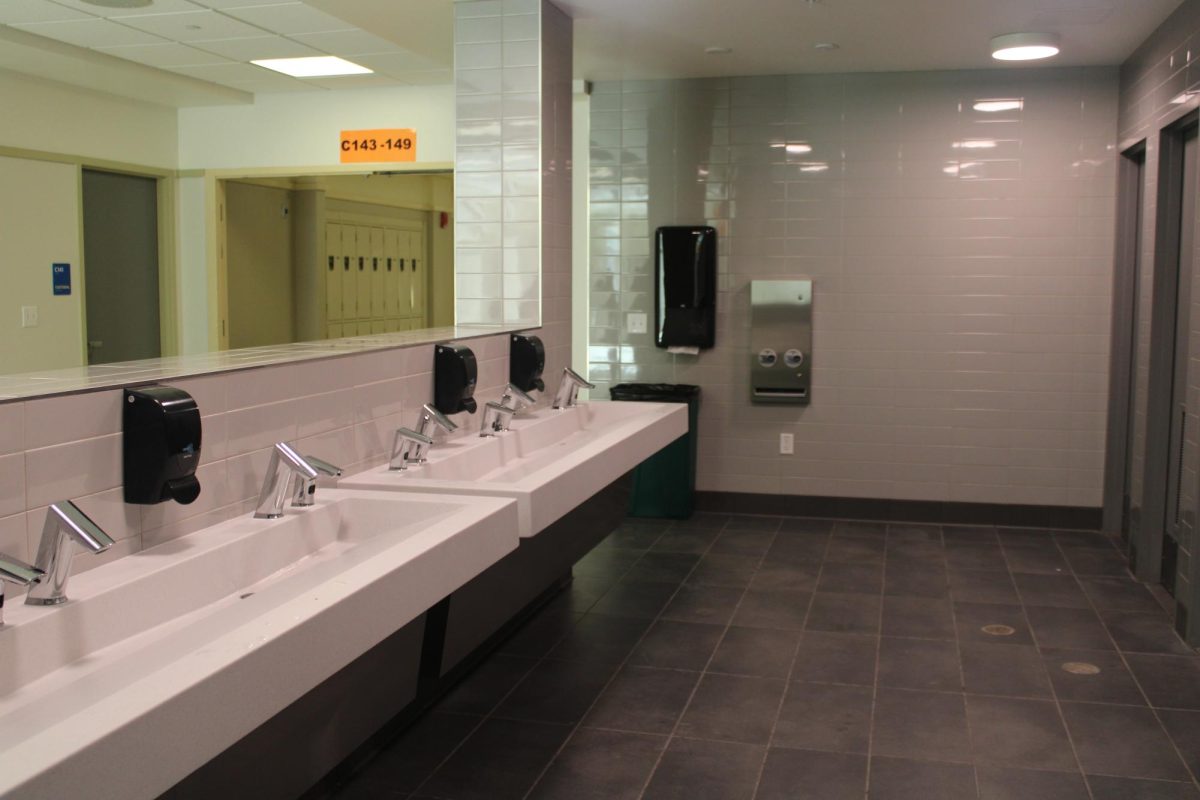


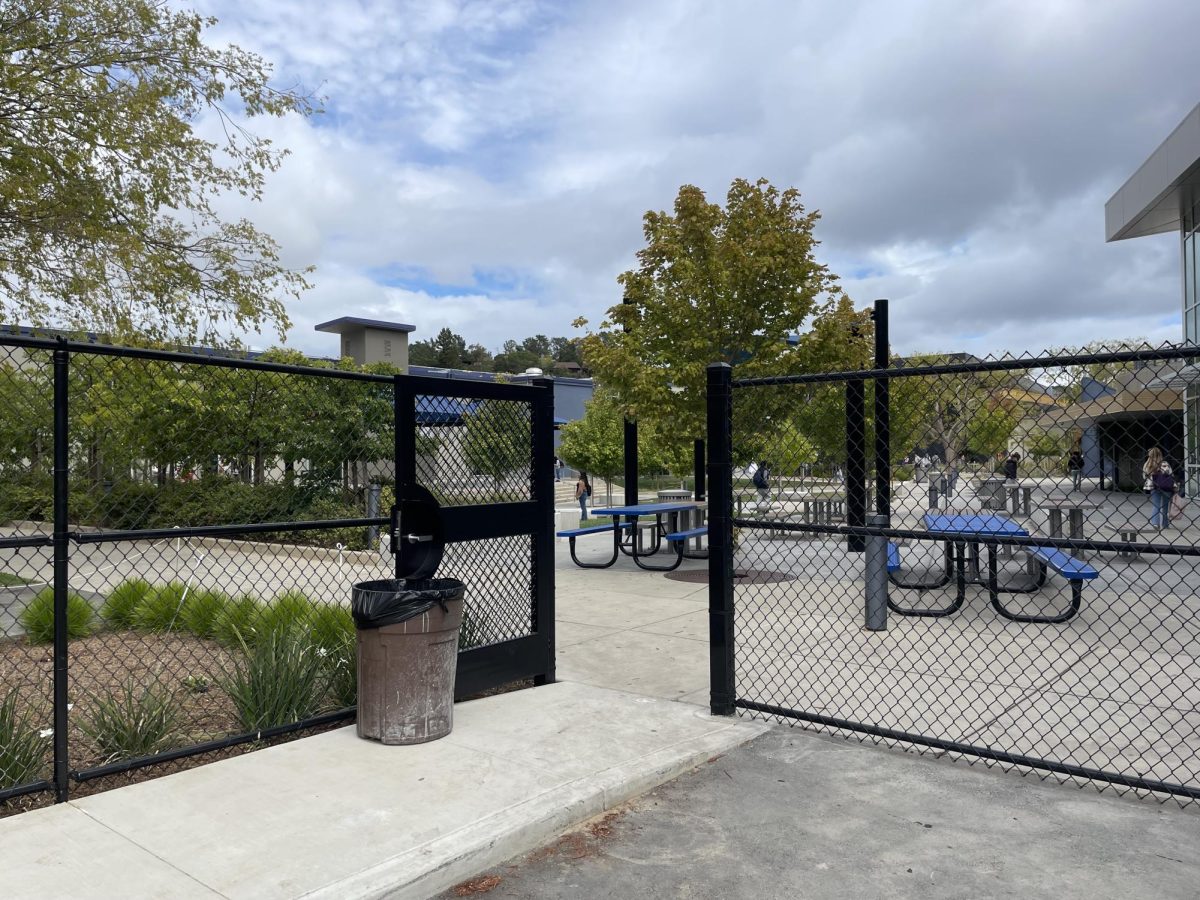



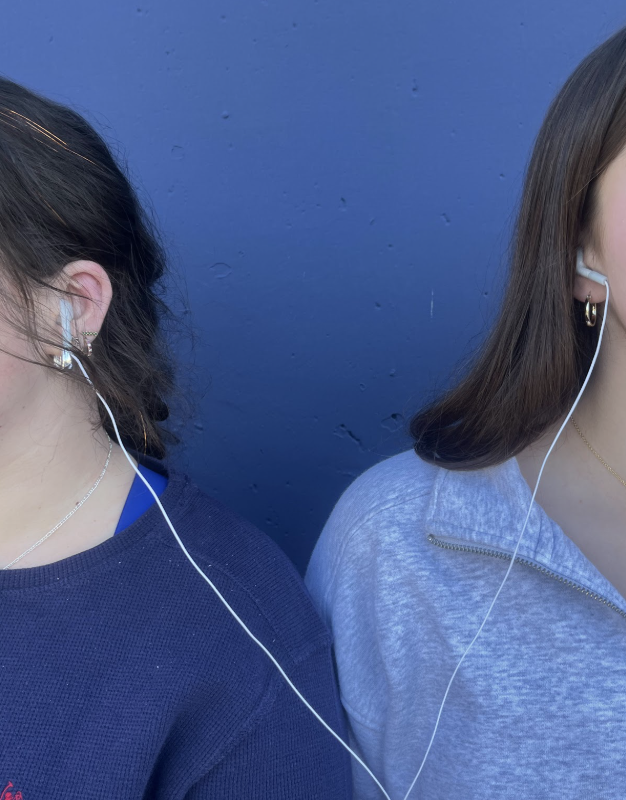






































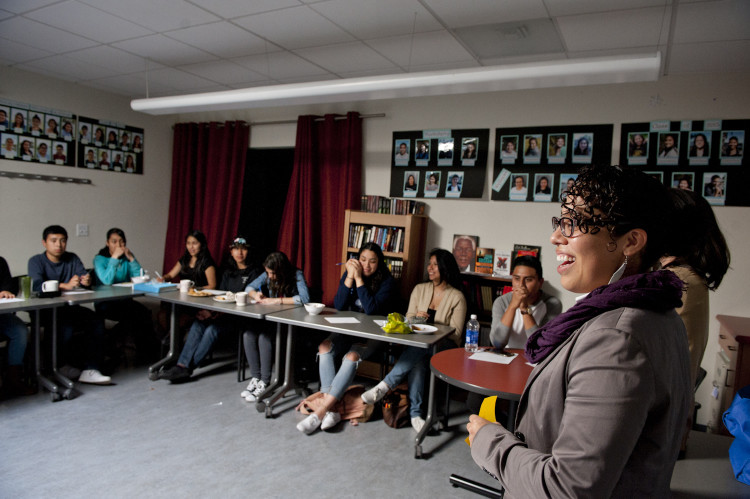








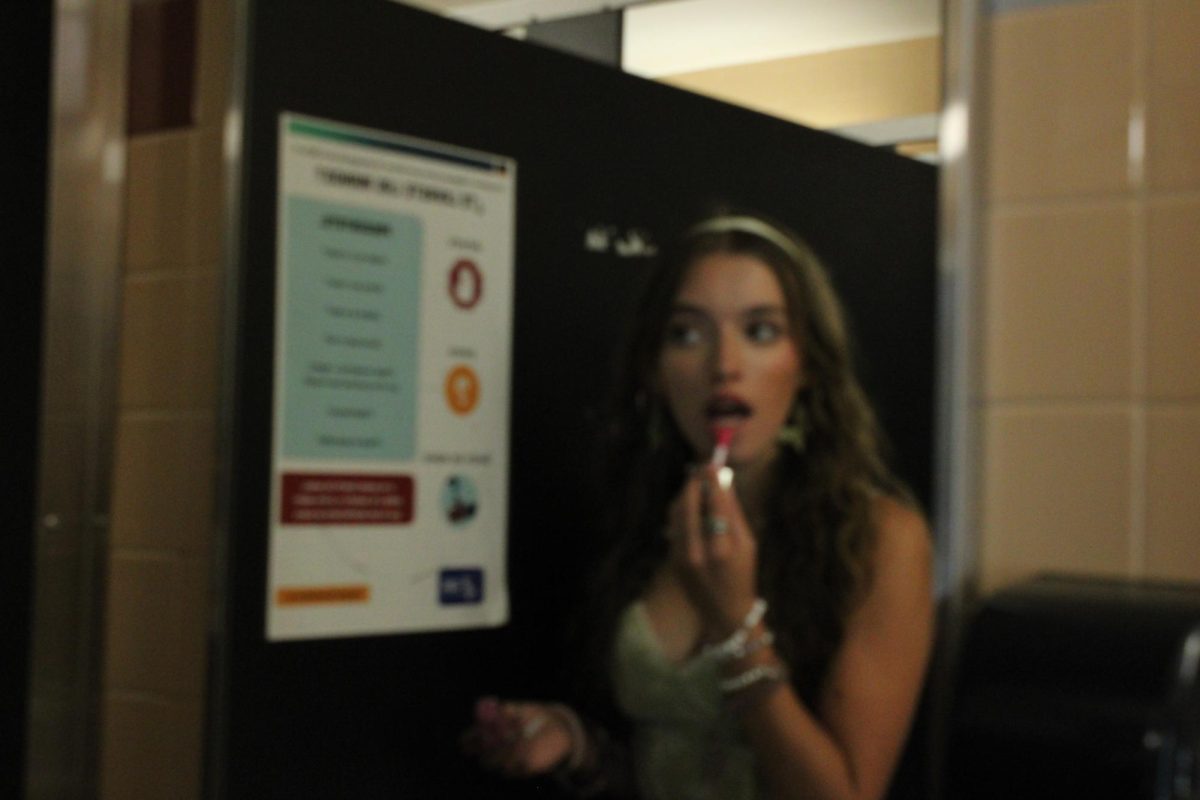












Sarai Mejia • Dec 4, 2015 at 11:31 am
I really wish more teachers had the same bathroom policy as Ms. Else! Your article is great and so are your tags!
Benedicta and Chris Kruger • Oct 3, 2015 at 7:41 am
What an unusual story! Julietta described these difficult moments in a very humorous and well-written way. We read her text with great pleasure.
Benedicta and Chris Kruger.